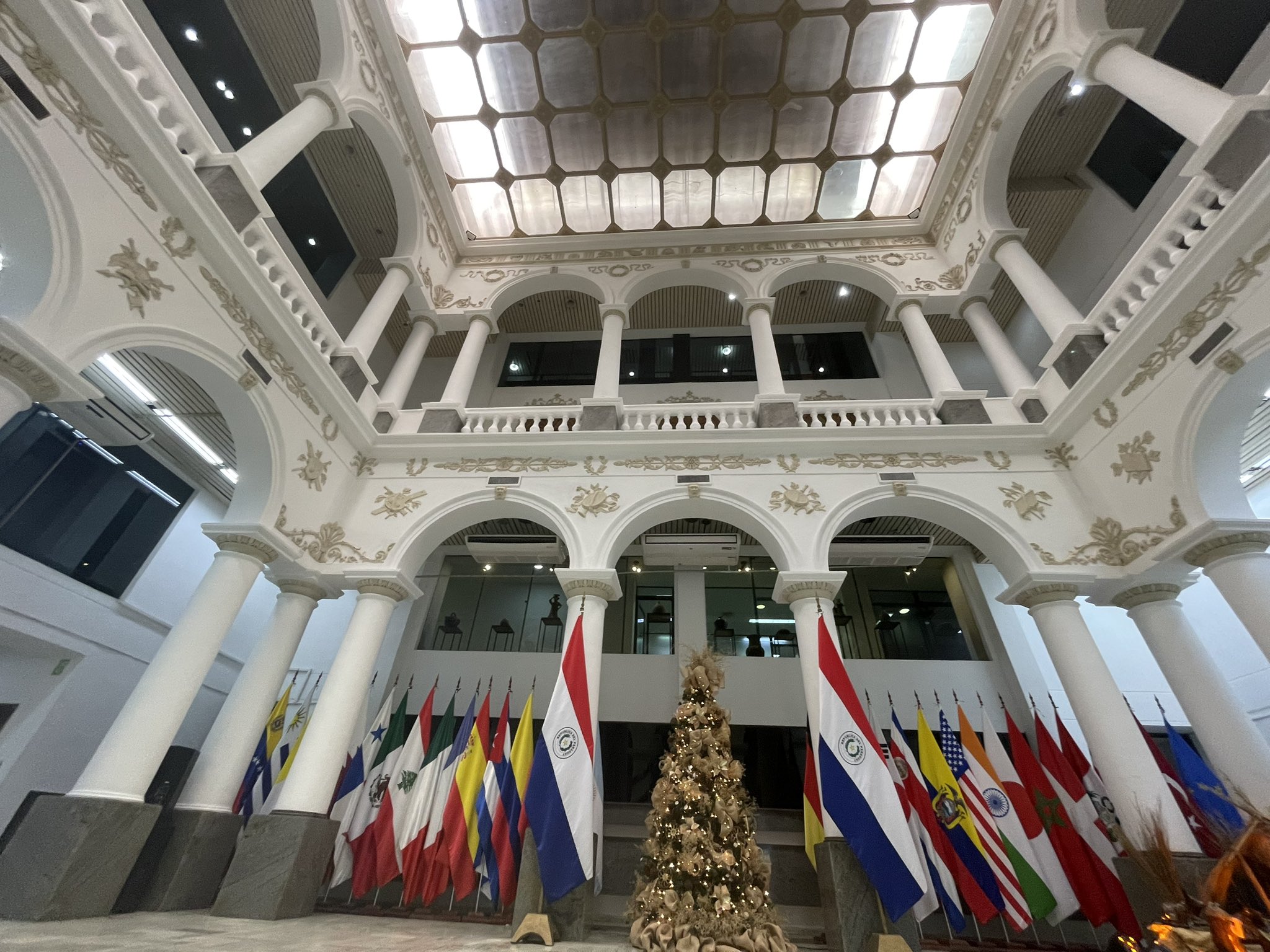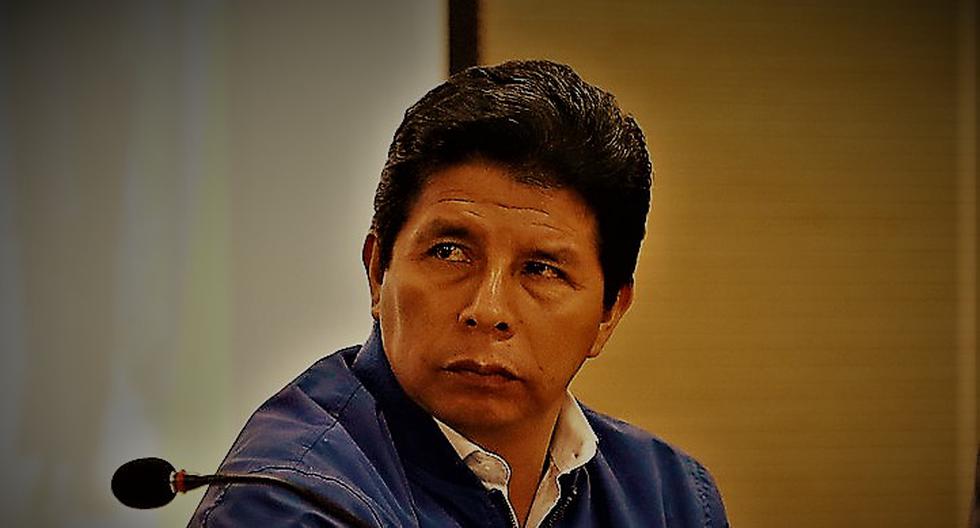The Ministry of Foreign Affairs clarified this Monday that the country is obliged to comply “on the basis of good faith” with the cooperation agreement signed in 2020 with the European Union (EU) to strengthen the educational system and whose continuity is threatened by a project of the Lower House that seeks to repeal it.
In a statement, the Foreign Ministry established its position in the midst of the debate that has been opened in the country as a result of the discussions of the National Plan for Educational Transformation 2030 and that its detractors have linked to the assistance of 38 million euros (about US$ 40 million) stipulated in the document that Paraguay signed with the EU and was endorsed by Congress.
“The agreement constitutes a current international treaty, which was signed, approved and duly ratified in accordance with the provisions of the corresponding constitutional mandates,” the Foreign Ministry clarified.
In this sense, he expressed his “concern” about the Bill that Repeals the Validity of Law 6659/20, through which the Financing Agreement signed between the Republic of Paraguay and the European Union for the «Support Program for the Transformation of the Educational System in Paraguay and its annexes».
According to the Foreign Ministry, the approval process of the agreement was “duly” fulfilled in 2020 with the approval of both chambers and the “favorable opinion of seven commissions.”
In addition, he explained that article 37 of the Constitution establishes that an international instrument approved and ratified, “since it is a superior norm”, cannot be repealed by another “of a lower hierarchy, such as a law of internal order.”
In this context, it pointed out that a suspension or termination “can only occur in accordance with the provisions of the treaty itself or by consent of the parties to it.”
“Because of the foregoing,” the statement added, “the Paraguayan State is obliged to comply with the terms of the Agreement on the basis of good faith (principle pacta sunt servanda). This generates reciprocal responsibilities.”
The Ministry of Foreign Affairs then underlines “the importance of preserving the image of the country as a reliable partner and respectful of international law.”
Critics of the National Plan for Educational Transformation, which receives resources from the Fund for Excellence in Education and Research (FEEI), oppose its implementation on the grounds that it incorporates gender ideology, a point that has been denied by the Government of President Mario Abdo Benitez.
Source: EFE.


















